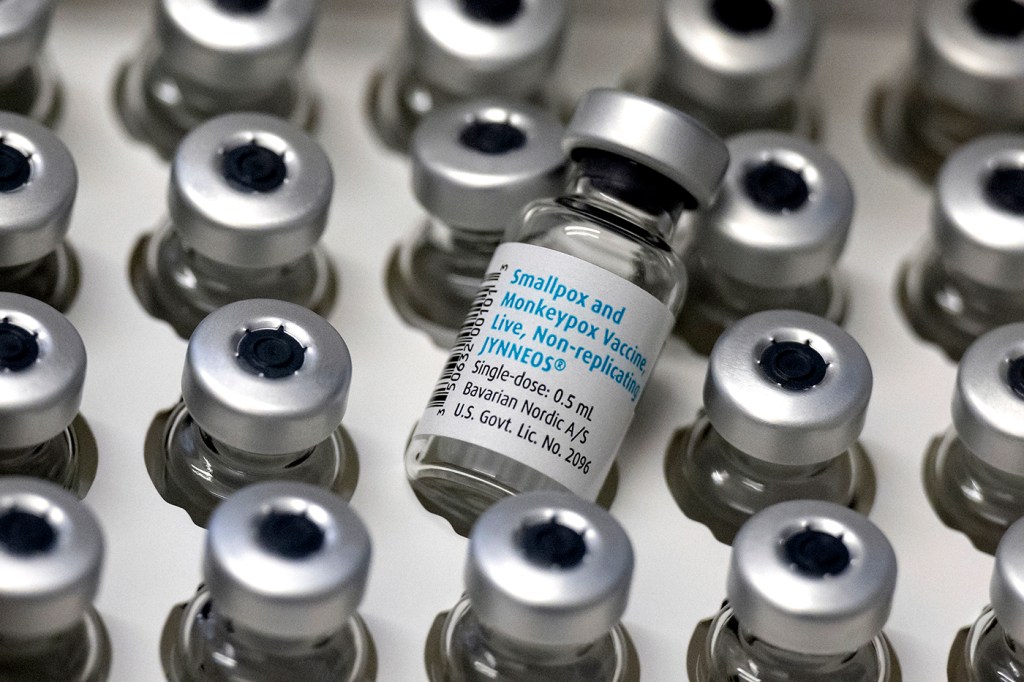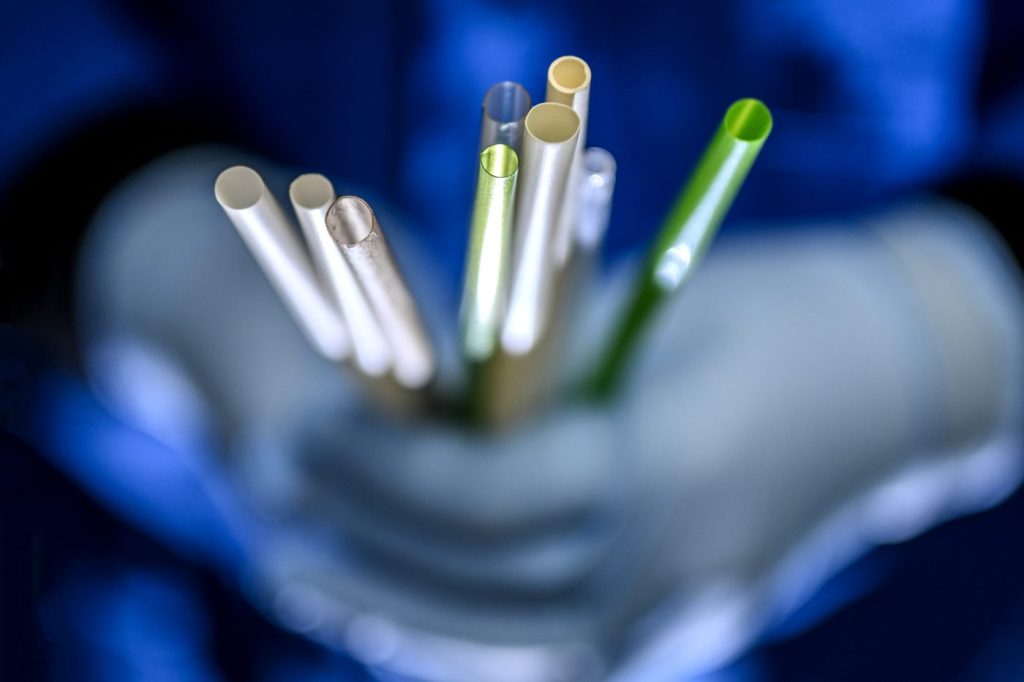Baby boomer alert: Will your childhood smallpox vaccine protect against monkeypox?

The small circular scar that appears on the arms of many Americans aged 50 and older bears witness to being vaccinated against smallpox as infants.
But Baby Boomers, older Gen X’ers and previous generations should not depend on the childhood vaccine to protect them from monkeypox, experts at Northeastern University say.
“The vaccination for smallpox stopped in 1972 after smallpox was eradicated,” says Neil Maniar, who directs Northeastern University’s master of public health program.
“The question for folks who have been vaccinated prior to 1972 is are those vaccines still effective against monkeypox?” Maniar asks.
“Immunity wanes over time,” he says. “There are definitely folks getting monkeypox who are in their 50s and were vaccinated against smallpox” as children.
While a study showed the smallpox vaccine is 85% effective against monkeypox, previous research shows that the full protection it offers against smallpox only lasts for 3-5 years, says Brandon Dionne, associate clinical professor in Northeastern University’s College of Pharmacy.

“Pretty much everyone that received (the childhood smallpox vaccine) is going to be outside the three- to five-year window,” Dionne said.
Dionne and Maniar urged individuals at risk of monkeypox to get the JYNNEOS smallpox vaccine that has been approved by the U.S. Food and Drug Administration for monkeypox, whose case numbers in the U.S. now approach 11,000.
“It’s important to recognize immunity conferred by the (childhood) vaccination may not be fully protective. It’s important to get the booster,” Maniar says.
The CDC says that as of Aug. 10 there were 10,392 cases of monkeypox in the U.S., with New York having the most incidences by state with 2,132 cases.
Only 375 of the monkeypox case —just over 1%—have occurred in seven African countries that have historically reported monkeypox, according to the CDC.
Evidence from prior, smaller outbreaks showed that older people who had received child vaccinations against smallpox could still contract monkeypox, Maniar says.
The smallpox vaccine has been effective against monkeypox because both diseases are orthopoxviruses, Dionne says.
But while smallpox—which the World Health Organization declared eradicated on a global level in 1980 —was spread primarily through respiratory contact, monkeypox is typically spread through direct contact with skin lesions, according to the CDC.
The federal health agency says monkeypox is disproportionately affecting gay, bisexual and other men who have sex with men.
It is not classified as an airborne or sexually transmitted disease, but close face-to-face contact for prolonged periods also can result in transmission, Dionne says.
Extrapolating information about monkeypox from smallpox studies is difficult at this time, Dionne and Maniar say.
A study in England in the 1900s showed smallpox vaccination as a child made middle-aged and older people who contracted smallpox much less likely to die than people who had never been immunized.
Studies like that may be a bit moot when it comes to monkeypox, since the current strain of monkeypox has a fatality rate of just about 1%, Dionne says.
And the death rate is not the only reason to be vaccinated against disease, experts say.
Preventing transmission, complications, time off from work and burdening the healthcare system are all important considerations, Maniar says.
“Monkeypox can still be a serious illness. It’s not a pleasant experience,” he says, adding that reports say monkeypox blisters can be incredibly painful.
“Right now, the biggest problem is just the supply of vaccine,” Dionne says.
The JYNNEOS smallpox shot currently being administered to prevent monkeypox won’t leave a scar like the childhood vaccine that used a multiple puncture technique that raised a scab.
Scarring is a sign the vaccination against smallpox took, Dionne says. “That means you mounted a good immune response to it.”
For media inquiries, please contact media@northeastern.edu.






